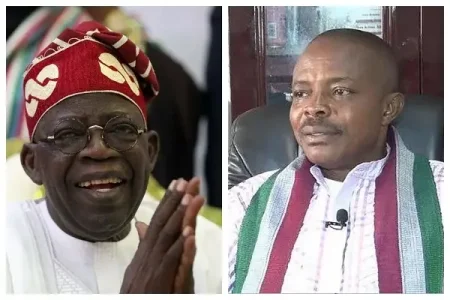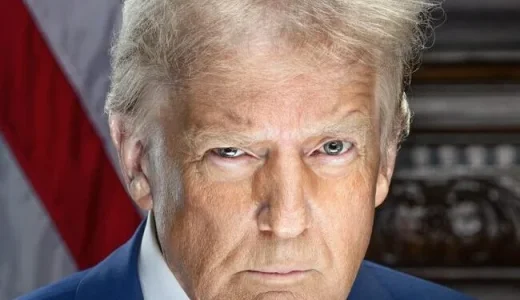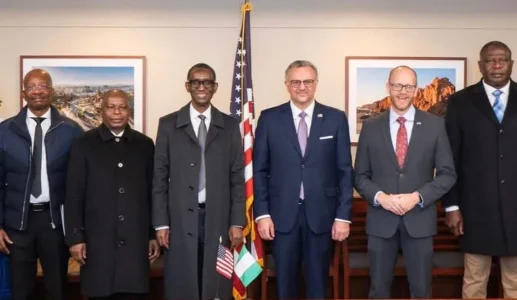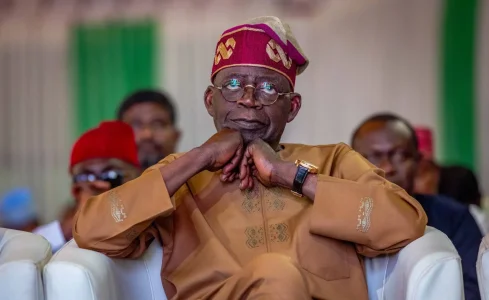
The Nigerian government insists labor's N250,000 minimum wage demand is unsustainable, pushing for N62,000 despite union opposition. The Presidency warns meeting labor's demands would use up all resources meant for the entire population. Unions reject the N62,000 figure as insulting and demand significantly higher worker pay.
The Nigerian government remains resolute in its stance on the proposed N62,000 ($170) minimum wage, despite fierce opposition from labor unions demanding a higher figure. The Presidency has warned that meeting the N250,000 minimum wage clamor by Organized Labor is unsustainable, as the government cannot channel all its resources to meet such a demand.
According to Bayo Onanuga, the Special Adviser to President Bola Tinubu on Information and Strategy, the government cannot use all its resources to pay workers, who constitute less than 10 percent of the entire population. He emphasized that the proposed N62,000 figure was arrived at through consultation with the private sector and other stakeholders.
The Association of Local Governments of Nigeria (ALGON) has also raised concerns over the proposed N62,000 wage, warning that it may strain the financial burden of local councils. Talks between the Federal Government and Organized Labor broke down last month after the government and the Organized Private Sector raised their offers to N62,000, which labor unions described as an insult to the intelligence of the average Nigerian worker.
Bukar Aji, the chairman of the tripartite committee established to review the minimum wage, has urged labor unions to reconsider their position based on economic factors and the non-monetary incentives provided by the government. These incentives include the N35,000 wage award for all treasury-paid federal workers, N100 billion for gas-fueled buses and gas kit conversions, and a N125 billion conditional grant, among others.




